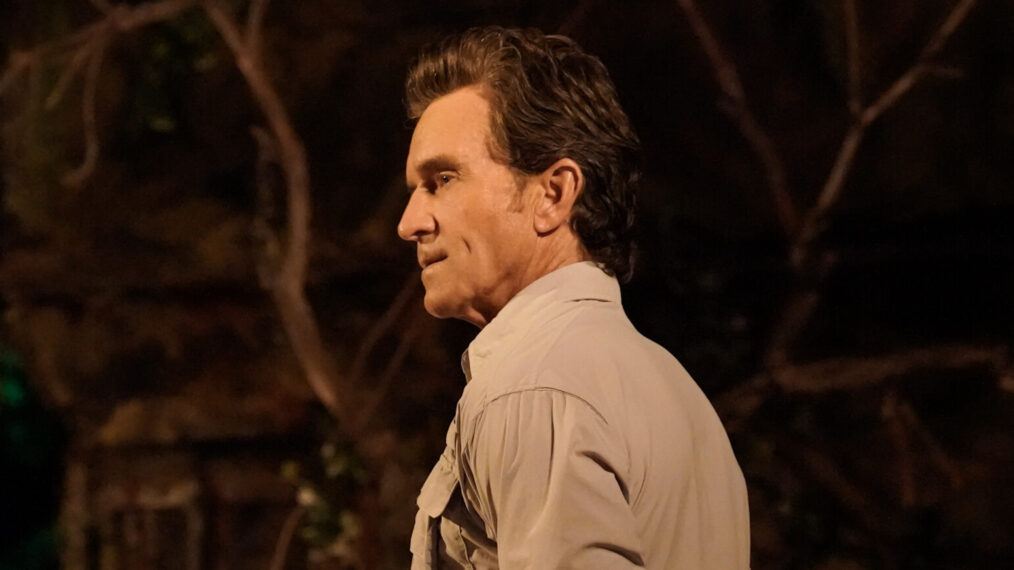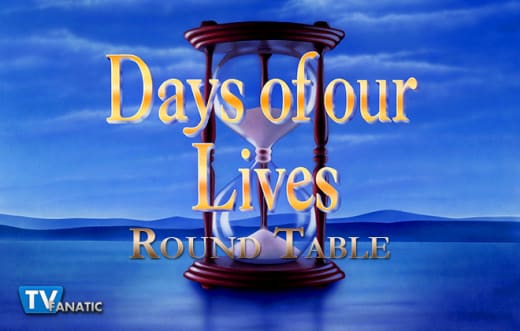Film and TV production in the U.K. is currently at an all-time high, surpassing $7.6 billion last year.
But the ongoing boom — propelled by streamers and studios — doesn’t mean it’s been good news for local independent films. In fact, according to a new report, the explosive growth in the U.K.’s screen industries is actually having a damaging impact on the independent film sector, the viability of which it claims is “inhibited to the point of market failure.”
An Economic Review of U.K. Independent Film, undertaken by independent research company Alma Economics and published by the British Film Institute, lays out the stark realities for the sector.
The review asserts that the speed and volume of the growth in production has “exacerbated the strain” on the independent sector, which it says now simply cannot compete with larger budget international productions on matters such as dealing with rising costs of production, securing cast and crew (a matter that was highlighted in the BFI’s recent Skills Review), and even reaching audiences.
Alongside struggling with higher production costs, something also impacted heavily by the pandemic, British independent film it claims is also suffering from declining revenues as studio tentpoles dominate box offices and home entertainment sales plummet, inhibiting investment in new features.
In response, the report has recommended four potential actions that could help address the situation. Among them are an increase in film tax relief that limits the relief to films assessed as “independent,” plus an extension of the film tax relief to P&A spend for small film and/or U.K. independent films to make them “more marketable.” The review also suggests the introduction of a new zero rate of Value Added Tax on the exhibition of U.K. independent films to “incentivise” cinemas.
Finally, and a suggestion likely to attract the interest of the major players, it proposes an increase in the financial contribution from large streaming services to U.K. independent film, other through a voluntary commitment or the requirement to make a modest contribution to a pot of funding that they can reclaim for U.K. filmmaking.
“As a public funder, distributor and exhibitor of U.K. independent film, we see the increasing pressures that are coming from all angles and have reached the point of creating a perfect storm for the sector,” said BFI CEO Ben Roberts. “This review gives us important economic evidence and pinpoints measures as preliminary recommendations which can be unpacked and modelled with the industry in order to enable it to prosper and continue.”
Eva Yates, Director of BBC Film, added: “As a leading funder of British independent film, the findings of this report are sadly no surprise to us after the increasing challenges faced by so many in our sector in recent years. But there is no doubt that the talent, craftsmanship and ideas are here in the UK and need to be protected and supported to thrive. We will continue to work hard with partners and producers across the industry on ways to enable the very best possible conditions for the creativity and sustainability of the independent film sector.”
Faye Ward, producer at Fable Pictures (Rocks, Stan & Ollie, Wild Rose), said: “I’m not sure we’d be able to make Rocks today or many of our other films and this would be a profound loss. Rocks showed an authentic slice of life in the U.K. — one that is rarely depicted on screen, and was brilliantly received at home and internationally. Financing on these indie films are nearly impossible to put together, and that is even with a star.”
Mike Elliott, producer at EMU Films (Benediction, Small Axe, Dirty God) said: “Lack of crew, spiraling wages, location and supplier costs resulting from the streamer boom, alongside agents, financiers and governing bodies not distinguishing between independent and streaming projects, is all an issue.”

























































